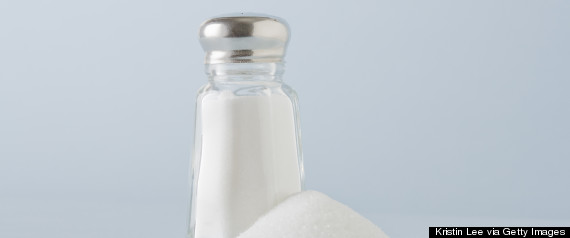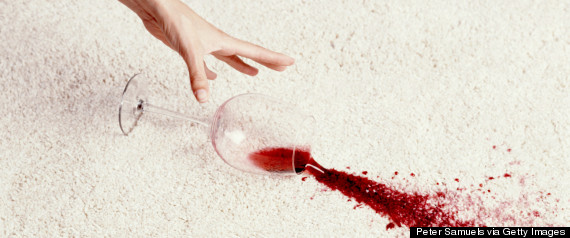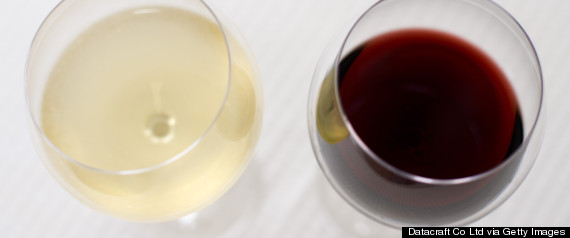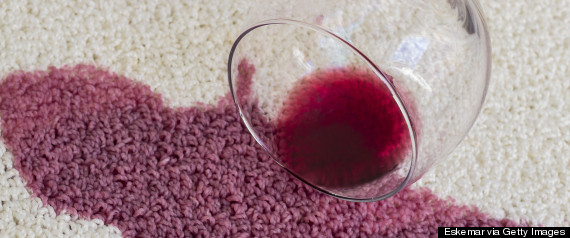Red wine: easy to drink, even easier to spill.
Ask anyone and they'll have a solution for removing red wine, whether it involves using white wine or other unlikely substances like milk or shaving cream. It's a dreaded thing to spill, but we're here to calm your fears.
We called in an expert, Ingrid Johnson, Professor and Assistant Chairperson of Textile Development and Marketing at Fashion Institute Of Technology (FIT), to debunk some cleaning myths and give us the right solutions.
Here's what we learned:
1. Salt is the best option for cleaning up freshly-spilled red wine.
"The first and easiest thing to do is to sprinkle with salt as this will absorb the wine," Johnson told us via email. The solution holds true for bedspreads, curtains, couches and other home items, which all "absorb slowly," making it easier to get the wet stain out. If the item is made of cotton, hot water is enough to do the trick, according to Johnson.
2. Oxi products are the best thing for getting out old, dried stains.

"Old or set in stains from wine can be more of a challenge," says Johnson. But it is possible to get dried wine stains out. She recommends saturating the area with hot water, applying a pre-treatment and then letting any oxi product -- usually a combination of granules and water -- "work its magic" for anywhere from 2 to 10 hours.
3. You shouldn't use white wine to clean up spills.

Johnson shoots this home remedy myth down. "In both cases the stain is essentially fruit juice and not matter how clear the white wine seems, it has color from the fruit," she adds.
4. Preventing stains is difficult, period.

We've heard rumors that using certain fabrics like Sunbrella inside the home or awesome fabric protectors are easy ways to prevent stains, which Johnson partly puts them to rest. "There are fabric protectors like Scotchgard, but they are surface applications and can wear off from use. Sunbrella essentially can withstand being exposed to the elements and is noted for outstanding weather-ability."
At least if spills can't truly be prevented, we've got some solutions for you. And as Johnson said, where there is oxi paste, "there is always hope."
Professor Johnson's answers were condensed for space and clarity.
Related
Before You Go













